Bakkafrost ships salmon on the world’s first transatlantic flight using eco-friendly jet fuel
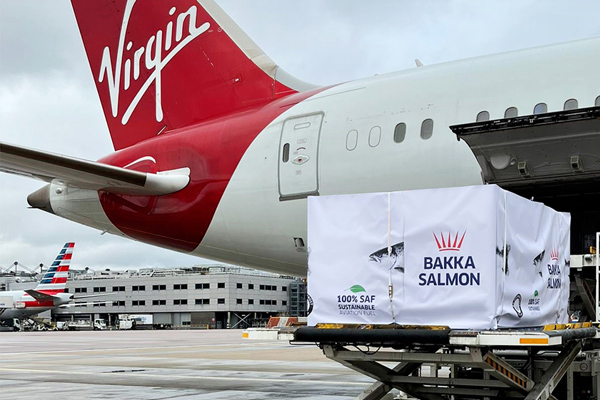
Bakkafrost, a farmed salmon producer in the Faroe Islands, participated in the world’s first 100 percent Sustainable Aviation Fuel (SAF) flight across the Atlantic by a commercial airline.
In collaboration with Virgin Atlantic and Kuehne+Nagel, Bakkafrost said the flight is set to be “a major talking point in aviation history” and marks a pivotal moment in the global pursuit of eco-friendly aviation solutions.
“We are committed to being a sustainable business in every sense and with the increasing focus on sustainable exports and airfreight across the world, this SAF approach is an important development for the future,” said Regin Jacobsen, CEO at Bakkafrost.
SAF can be produced from non-petroleum-based renewable feedstocks including (but not limited to) the food and yard waste portion of municipal solid waste, woody biomass, fats/greases/oils and other feedstocks. Currently, SAF represents less than 0.1 percent of jet fuel volumes and fuel standards only allow for a 50 percent SAF blend in commercial jet engines. The Virgin Atlantic flight demonstrated the potential of SAF as a 100 percent drop-in replacement for the fossil fuels currently used today.
“The way we transport our salmon around the globe has got to match the expectations of our customers and we believe that this inaugural flight is a forward-thinking approach to the world’s environmental issues,” said Annika Frederiksberg, Bakkafrost board member and sales manager, upon the flight’s landing in New York. “We are very proud and delighted to have a shipment of our salmon on board.”
As reported by The Guardian, the flight emerged after a year of testing with the engine maker Rolls-Royce and other industry partners. Scientists onboard VS100 will assess the flight’s non-carbon emissions, including contrails and particulates, whose effect on global warming is not fully understood but “is believed to be significant.”
Moreover, critics cautioned against being overly optimistic, as SAF production is reportedly difficult to scale up sustainably: “Hopefully, we’ll have better technological solutions in the future, but for now, the only way to cut CO2 from aviation is to fly less,” Cait Hewitt, the policy director of the Aviation Environment Federation, told the newspaper.
Bakkafrost has committed to cutting its greenhouse gas emissions by 50 percent by 2030. Earlier this year, Bakkafrost launched a new investment plan detailing the company’s intention to allocate 355 million DKK (U.S. $52 million) to energy transition.
Now that you've reached the end of the article ...
… please consider supporting GSA’s mission to advance responsible seafood practices through education, advocacy and third-party assurances. The Advocate aims to document the evolution of responsible seafood practices and share the expansive knowledge of our vast network of contributors.
By becoming a Global Seafood Alliance member, you’re ensuring that all of the pre-competitive work we do through member benefits, resources and events can continue. Individual membership costs just $50 a year.
Not a GSA member? Join us.
Author
-
Responsible Seafood Advocate
[103,114,111,46,100,111,111,102,97,101,115,108,97,98,111,108,103,64,114,111,116,105,100,101]
Tagged With
Related Posts
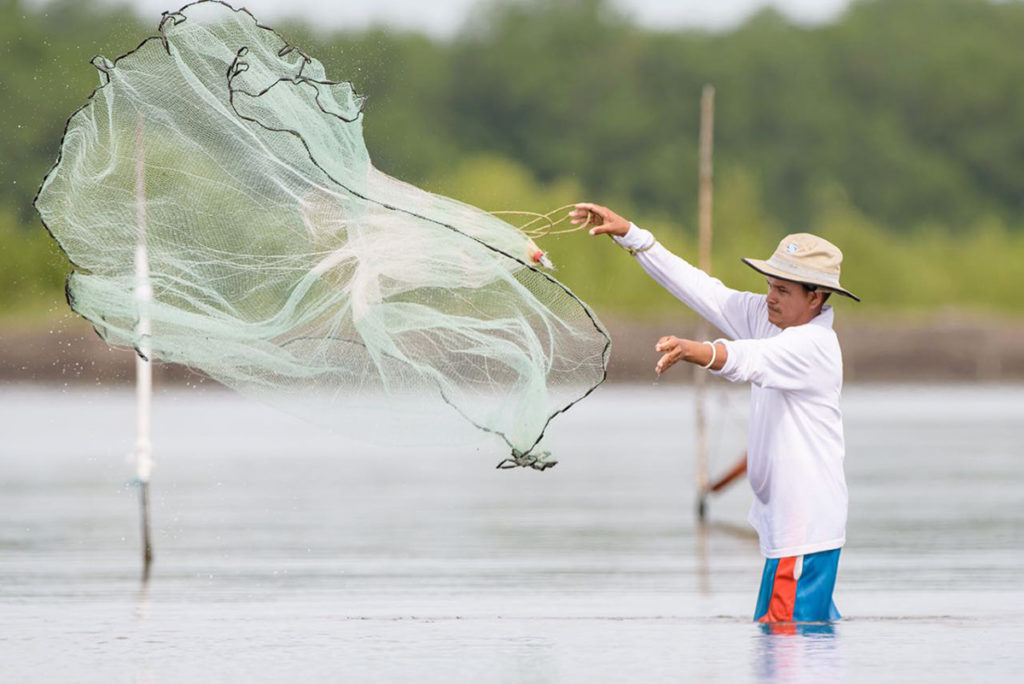
Responsibility
Aquaculture, feed companies embark on a carbon-cutting journey
The aquaculture value chain can significantly reduce carbon emissions with innovations in feed, transportation and operations.
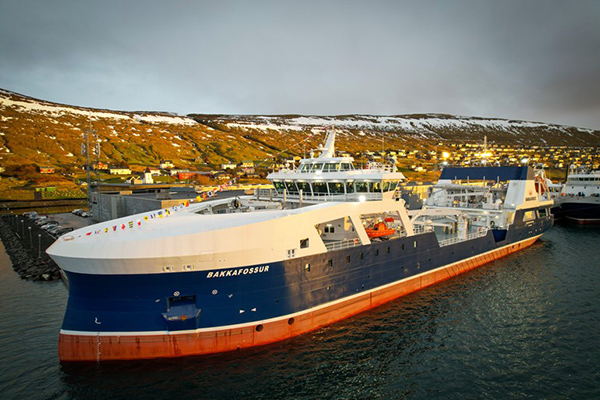
Innovation & Investment
Faroe Islands fish farmer adds hybrid well boat to its fleet
Bakkafrost adds one of the largest hybrid well boats in the global aquaculture industry to its fleet, the 109-meter Bakkafossur.
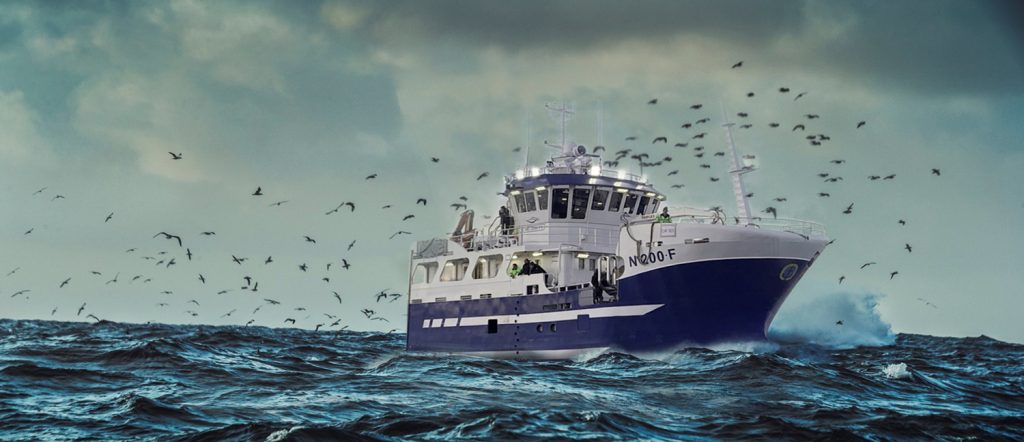
Responsibility
Net-zero heroes: Hybrid and electric commercial fishing vessels set out to cut the industry’s carbon emissions
From electrified fishing fleets to hybrid wellboats, the seafood community is looking to decarbonize commercial fishing vessels and reduce carbon emissions.
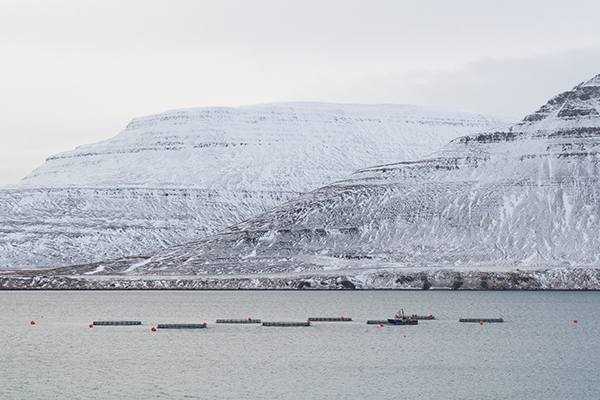
Aquafeeds
Net-zero aquafeed facility planned for Iceland
BioMar Group and Síldarvinnslan will build a modern, net-zero aquafeed production facility in Iceland, an emerging aquaculture producer.



